What is the National Association of Underwater Instructors (NAUI)?
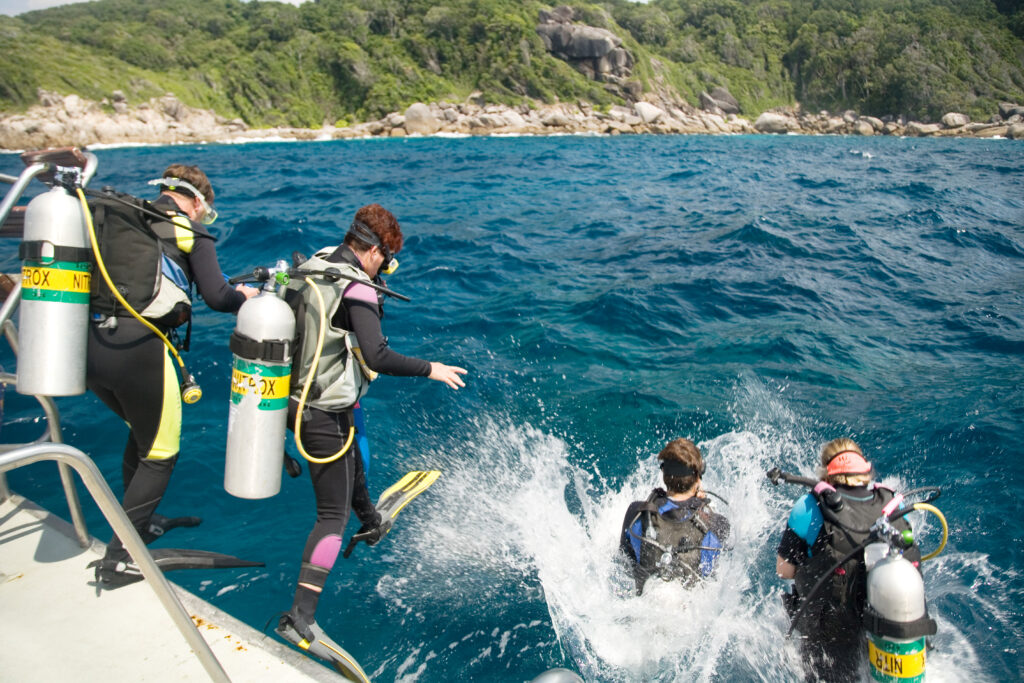
The National Association of Underwater Instructors (NAUI) is a globally recognized non-profit organization dedicated to scuba diving education and training. Established in 1959, NAUI has been instrumental in shaping the standards and practices of the diving industry, promoting safety, education, and environmental awareness. With a commitment to providing high-quality training and fostering a community of well-informed and responsible divers, NAUI has become one of the most respected certifying agencies in the scuba diving world.
What is Scuba Schools International (SSI)?
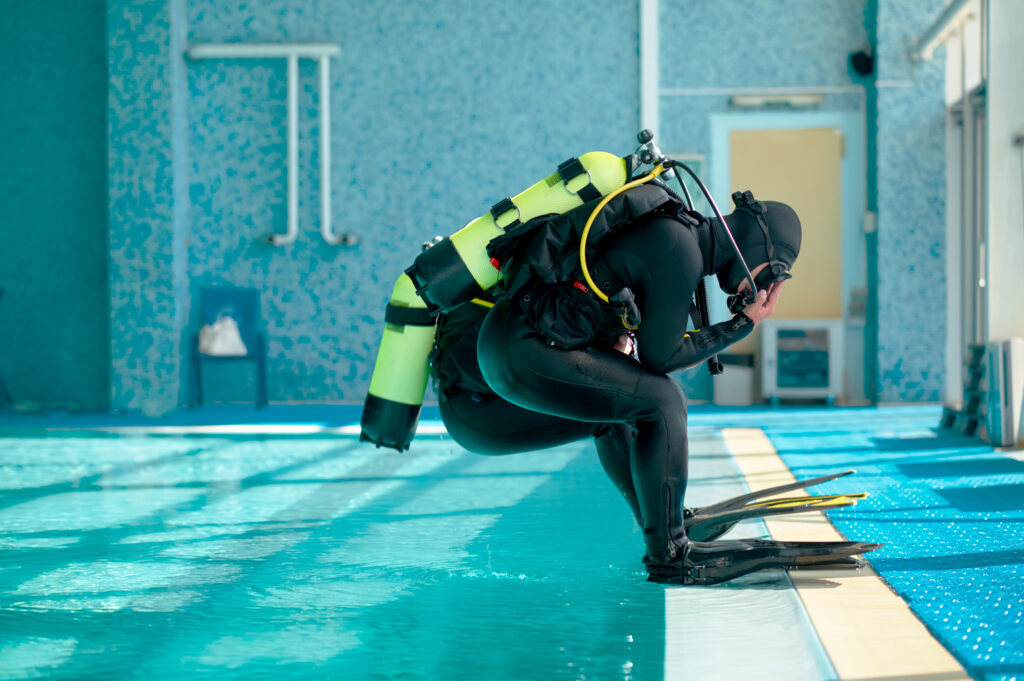
Scuba Schools International (SSI) is one of the leading organizations in the scuba diving industry, recognized globally for its comprehensive training programs and dedication to safety. Founded in 1970, SSI has grown to become a trusted name among diving enthusiasts and professionals alike. With a commitment to providing high-quality education and ensuring the best possible diving experiences, SSI has established itself as a cornerstone of the scuba diving community. This entry explores SSI’s history, mission, certification programs, training methodologies, global presence, safety standards, environmental initiatives, and community feedback to provide a thorough understanding of its impact and contributions to the scuba diving world.
What Is Scuba Diving All About? – Discover the Magic Underwater World, One Breath at a Time

Imagine a world where gravity is suspended, vibrant colors and mesmerizing creatures abound, and the only sound is your own breathing. Welcome to the exhilarating world of scuba diving. In this article, we will delve deep into the blue, exploring the fundamentals of this thrilling adventure sport that’s captured the hearts of millions worldwide. The […]
What is a Certified Diver?
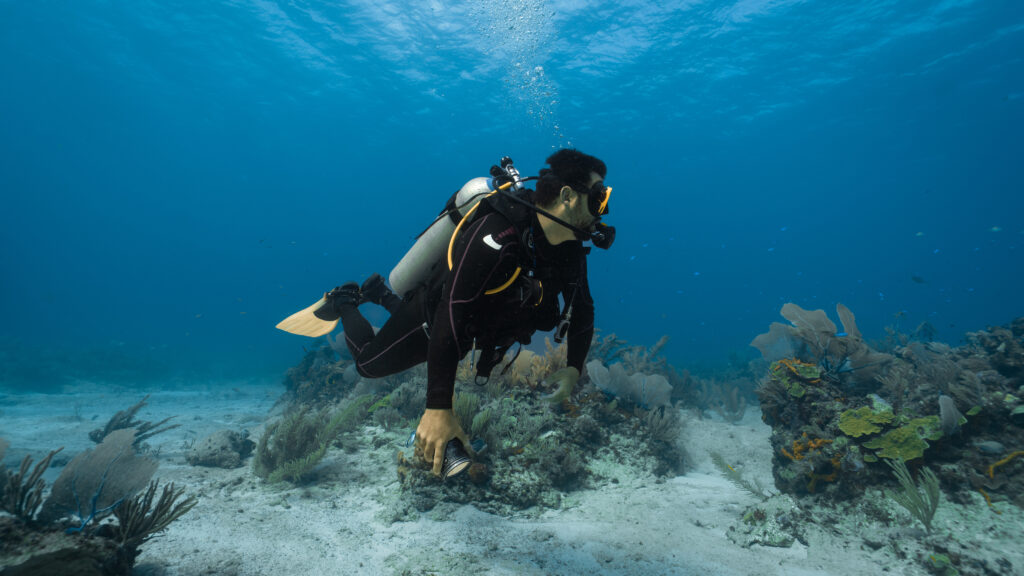
A certified diver is an individual who has successfully completed scuba diving lessons through a recognized training organization and is qualified to dive independently or with a buddy without the direct supervision of an instructor.
What is a Z-knife?
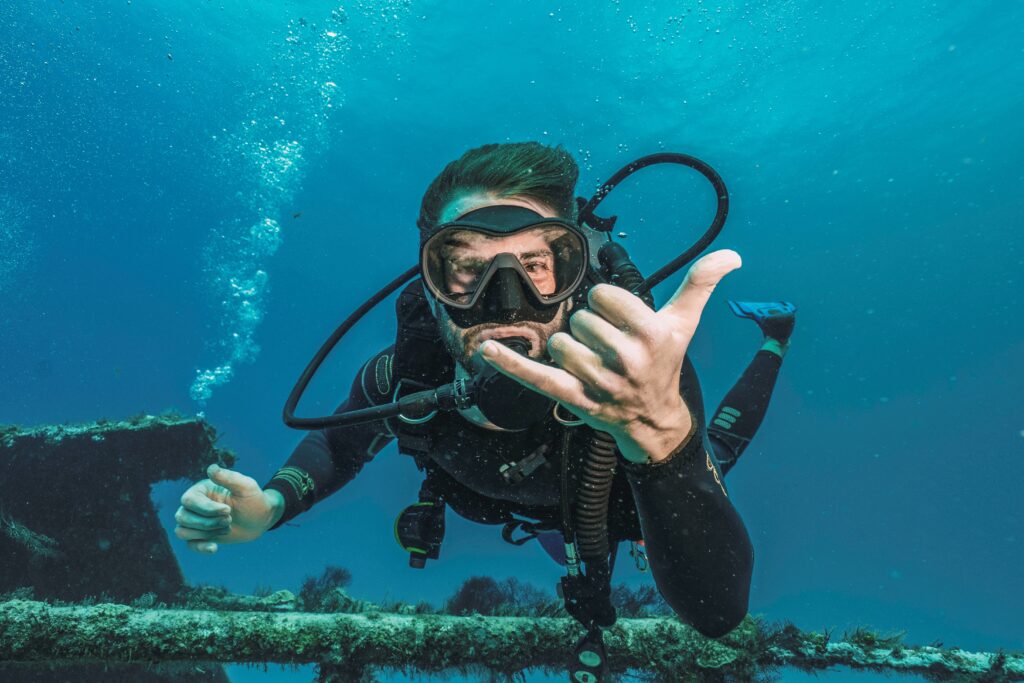
What is a Z-knife? A Z-knife, a critical tool in every scuba diver’s gear kit, is specifically designed to efficiently cut lines and nets in underwater environments. The compact, easy-to-use tool has a replaceable blade encased in a slot, ensuring both safety and durability. This entry will delve into the history, construction, usage, and maintenance […]
What is a Air Compressor?

What is a Air Compressor? Diving beneath the ocean’s surface and exploring its hidden marvels is an exhilarating experience, the wonderment of which is enabled by the technologically advanced gear that divers wear. Among the critical components that ensure the safety and capability of these aquatic explorers is the air compressor—a fascinating piece of equipment […]
What is Scuba Diving?

Scuba diving is a recreational and professional activity where individuals explore underwater environments using self-contained underwater breathing apparatus (SCUBA) equipment. This equipment allows divers to stay underwater for extended periods, enabling them to experience marine life, shipwrecks, caves, and other submerged wonders. The ability to explore these otherwise inaccessible areas has made scuba diving a popular pursuit for adventure enthusiasts, marine biologists, and professional divers alike. Since its modern development in the 20th century, scuba diving has attracted millions of people globally, offering a unique blend of excitement, discovery, and tranquility beneath the waves.
What is a Buoyancy Control Device (BCD)?
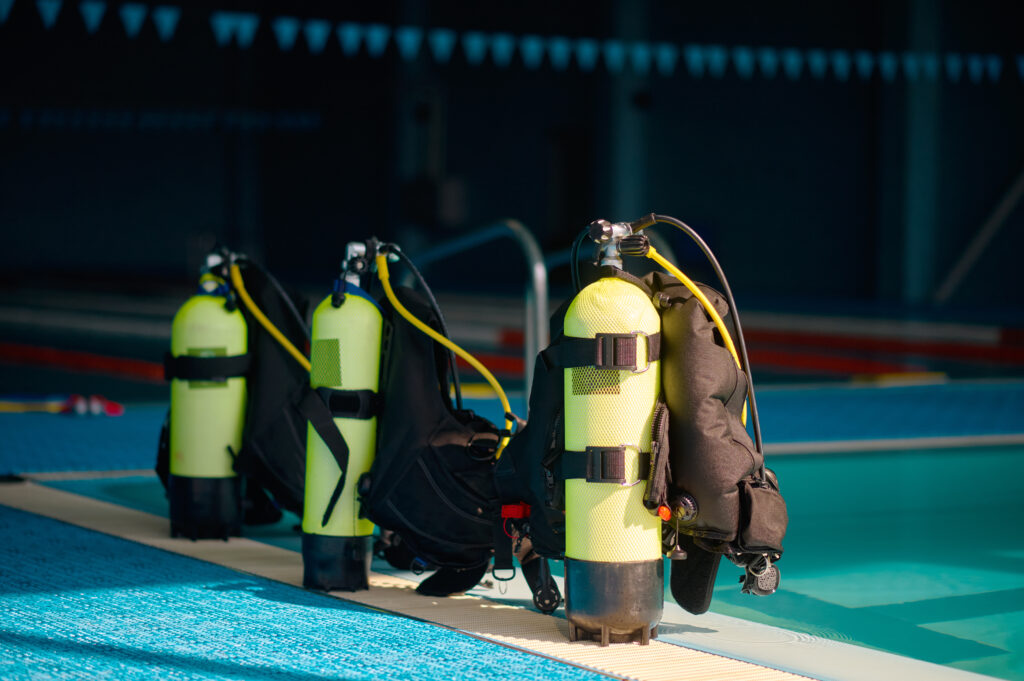
What is a Buoyancy Control Device (BCD)? A Buoyancy Control Device (BCD), also referred to as a Buoyancy Compensator (BC), is a vital piece of equipment for scuba divers. This inflatable vest, worn by divers, assists in maintaining buoyancy by enabling the diver to easily add or release air from the device. The BCD allows […]
What is Mixed Gas?

Mixed gas, in the context of scuba diving, refers to breathing gases other than air, which are used to extend bottom time, reduce decompression obligations, and manage the risks associated with deep diving. These mixtures can include combinations of oxygen, nitrogen, helium, and other inert gases, tailored to specific diving conditions and depths. By using mixed gases, divers can safely reach greater depths and explore environments that would otherwise be inaccessible due to the limitations of breathing air alone.
What is a Quad Cylinder System?
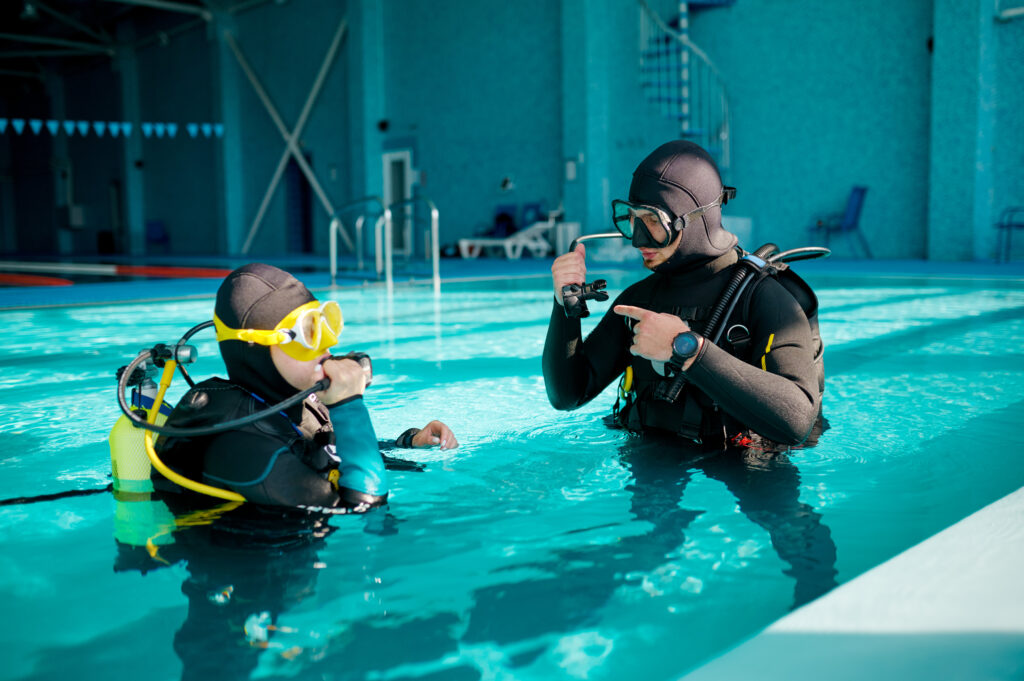
A quad cylinder system, commonly used in advanced scuba diving, refers to a configuration where four individual cylinders are used to supply breathing gas. This setup is particularly important for technical and deep-sea divers who require extended gas supplies and redundancy for safety. The evolution of scuba diving equipment has seen significant advancements, and the quad cylinder system represents a pinnacle of such technological progress. This article delves into the historical development, components, usage scenarios, safety considerations, and the advantages and limitations of quad cylinder systems, providing a comprehensive understanding of their significance in scuba diving.
